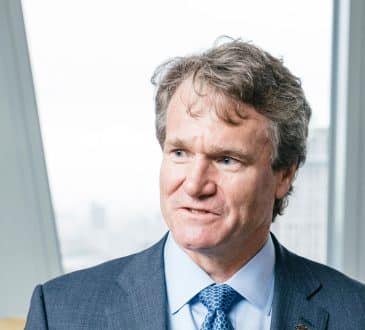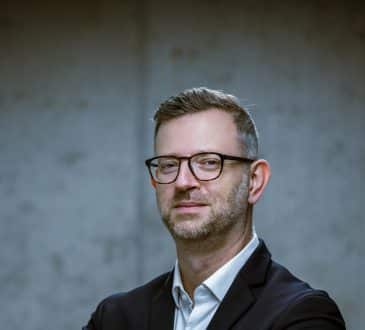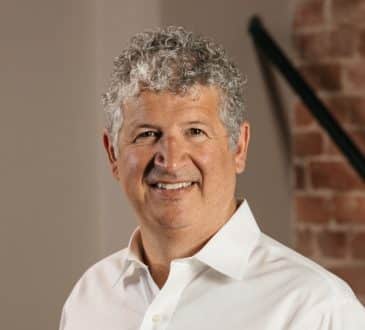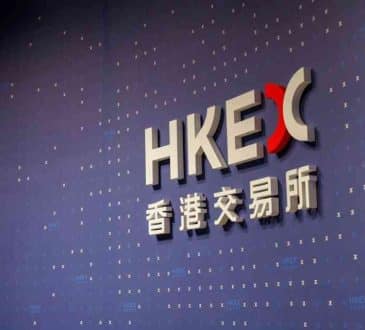How to build collective intelligence in your team

Is your team smarter than the sum of its parts? In his influential book on organisational learning, The Fifth Discipline, Peter Senge noted that you can put together a team of people, each with an IQ of 120, but as a group they may have a collective IQ of 63. They may struggle to solve problems, make decisions or execute their plans.
Why are teams tricky?
We all understand the theory of teams: bringing together diverse perspectives and experiences to think through issues, align on solutions and co-ordinate actions. I refer to this as ‘intelligent collective action’.
And yet in the real world, as many as 75% of cross functional teams are dysfunctional. At the heart of the issue is the paradox of cognitive diversity. The more diverse perspectives you have, the harder people find it to listen and build on each other’s’ perspectives. Put simply, difference is draining.
This was wonderfully illustrated in a study of teams playing murder mystery games. Compare the performance of a team of 4 friends to a team of 3 friends with a newcomer. The 4 friends performed well, were confident in their solutions and enjoyed the game. The team of 3 friends with a newcomer were less confident in their solutions to the game. They also enjoyed the game less. But their performance, that is the likelihood they solved the mystery, was significantly greater.
What are the symptoms of dysfunctional teams?
Outside the realm of experiments and murder mysteries, here are the most common workplace symptoms when diversity and difference lead to dysfunctional teams.
- A lack of trust leads to people being subconsciously defensive – and feeling like they are being judged
- One or two voices dominate the discussions, so the team fails to surface all the intelligence of the group members
- Alignment on decisions is superficial, so projects often fail due to a lack of true, deep commitment
How do you build collective intelligence?
These symptoms underscore the challenges with unlocking the collective intelligence of a team. In fact, there are not just one, but three distinct types of intelligence a team needs to succeed. Here are the three types and how to assess them in your team.
- Emotional intelligence or EQ: ‘How strong are our relationships within the leadership team?’
- Creative-Analytical Intelligence or IQ ‘How effective are we at thinking through problems together, developing solutions and making collective decisions?”
- Practical Intelligence or PQ: ‘How good are we at delivering results, executing projects and driving transformation?”
To build your team’s collective intelligence, I recommend starting with its emotional intelligence. This is foundational, as evidenced by the research of Anita Williams Woolley and the MIT Centre for Collective Intelligence which shows that a team’s ability to solve problems together is predicted by its members social sensitivity. Specifically, they saw teams who were good at interpreting how other members were feeling, and teams where people took turns to speak, were better at solving complex problems.
Here’s how you can help your team build its emotional intelligence. Get the team together and get them aligned on three questions: why, what and how.
Why do we exist as a team – what value do we create and for whom?
…Therefore, what should we be focused on, what are our priorities, what should we talk about in meetings?
…And therefore, how often should we meet, what different types of meeting do we need to have, and how should we behave?
Answering these questions helps create the ‘emotional foundations’ of the team; it creates the conditions where trust, honesty and psychological safety are possible.
More than the sum of your parts
Once you’ve built the emotional foundations, you can then keep working on your team’s collective intelligence by introducing new and better ways of problem-solving (to increase the team’s IQ) and more robust approaches to implementation planning, tracking progress and capturing your learnings (the team’s PQ).
If you keep tracking and optimizing the team’s performance over time, you can build a team that operates with high degree of trust, which solves complex problems quickly and, and which turns its ideas and solutions into real-world impact. That’s the kind of team which is all-too-rare, and which can give you great competitive advantage.
Written by Rob Pyne.
Add CEOWORLD magazine to your Google News feed.
Follow CEOWORLD magazine headlines on: Google News, LinkedIn, Twitter, and Facebook.
This report/news/ranking/statistics has been prepared only for general guidance on matters of interest and does not constitute professional advice. You should not act upon the information contained in this publication without obtaining specific professional advice. No representation or warranty (express or implied) is given as to the accuracy or completeness of the information contained in this publication, and, to the extent permitted by law, CEOWORLD magazine does not accept or assume any liability, responsibility or duty of care for any consequences of you or anyone else acting, or refraining to act, in reliance on the information contained in this publication or for any decision based on it.
Copyright 2024 The CEOWORLD magazine. All rights reserved. This material (and any extract from it) must not be copied, redistributed or placed on any website, without CEOWORLD magazine' prior written consent. For media queries, please contact: info@ceoworld.biz
SUBSCRIBE NEWSLETTER








